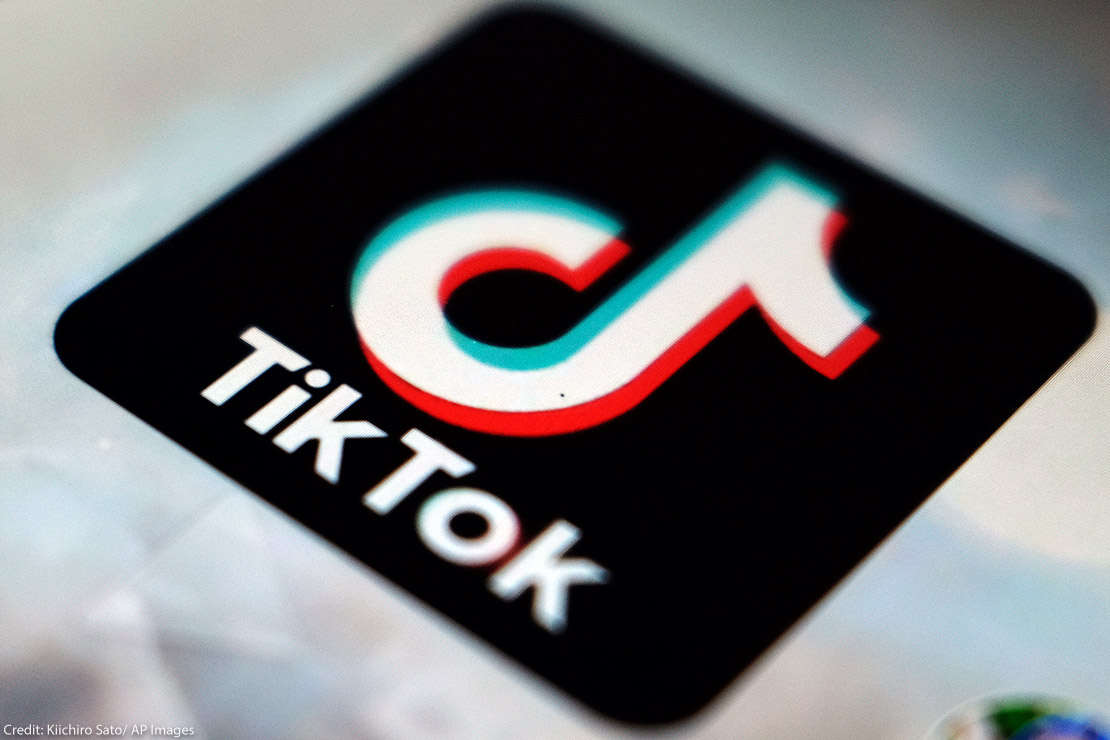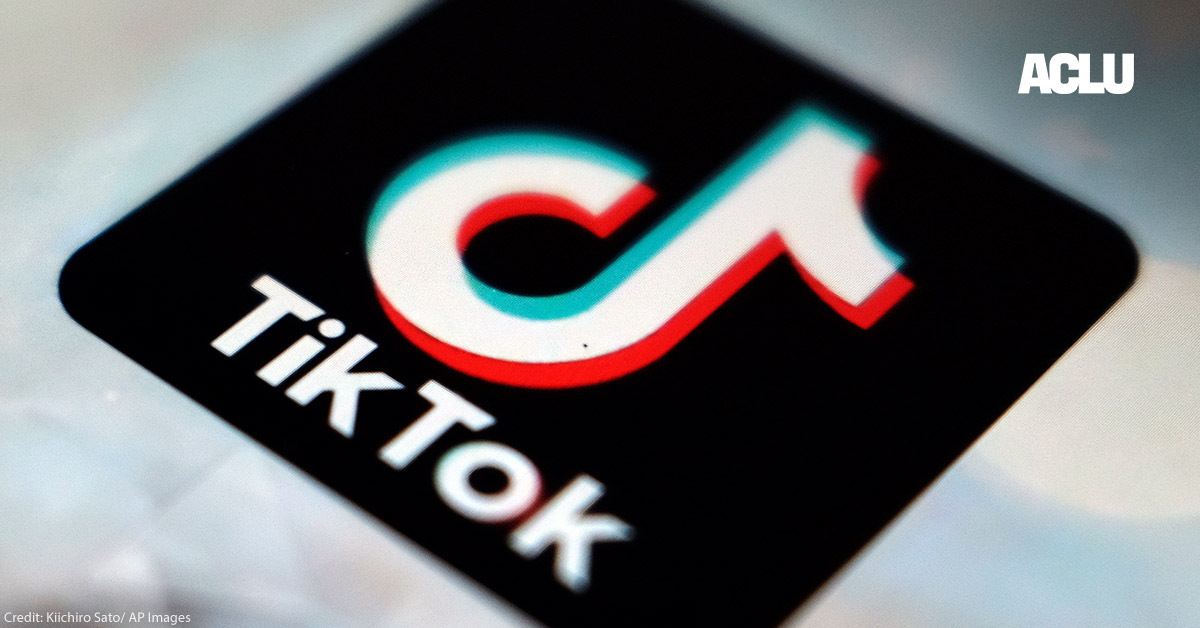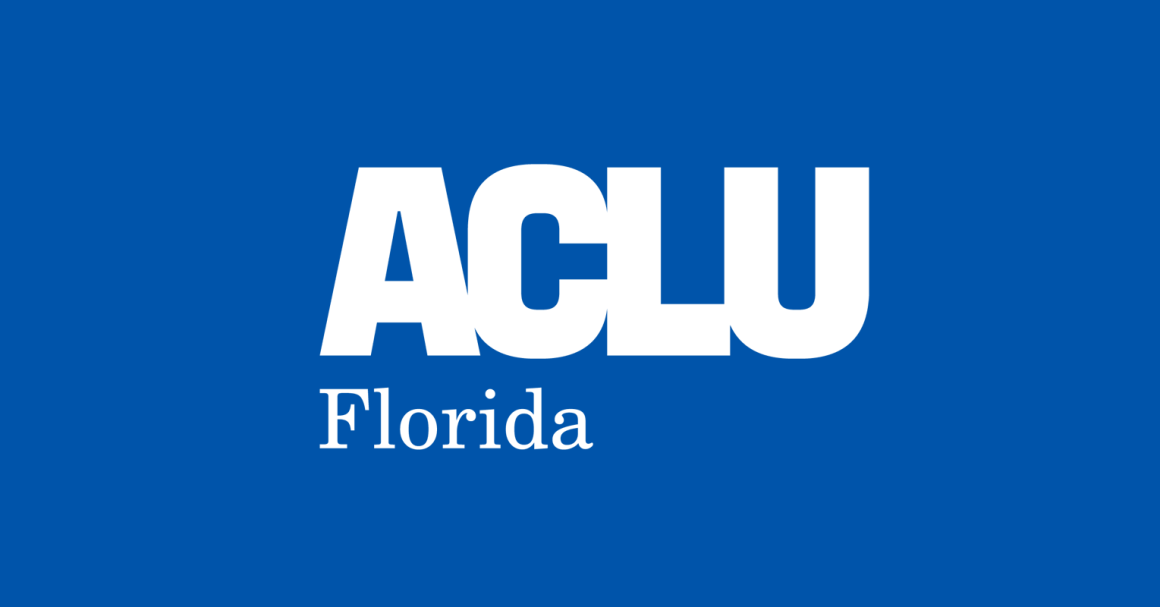This op-ed was originally published in The Palm Beach Post.
Claiming that “social media companies are taking the lives of young people,” the Speaker of the Florida House of Representatives Paul Renner has fast tracked legislation that would ban the opening of social media accounts for those under the age of 16 and deleting accounts held by those who are currently under 16.
The dead giveaway that legislation is on a fast track to be enacted into law – introducing it as House Bill 1 (as the “Social media use for minors” proposal is numbered) and assigning the bill to be reviewed and approved by only two committees.
Of course, there is plenty of ugly material on Facebook, TikTok, Instagram, X, YouTube, WhatsApp, Snapchat and other social media platforms – plenty of bullying and plenty of hateful messages and inappropriate content. I don’t know anyone defending the use of these platforms for those communications.
There are concerns about the harm that social media poses to mental health, including depression and anxiety. Some critics of social media have cited examples in which social media exposure has led to students committing or attempting suicide.
The link between social media and the mental health of young people, especially worries about appearance and body image and eating disorders among young women, is supported by limited empirical evidence and certainly needs further study. Nevertheless, the perception seems to be firmly fixed in the public’s (and legislator’s) mind.
A U.S. Department of Health and Human Services study found social media use among teenagers to be “nearly universal,” and use of these electronic communication platforms to involve approximately 40% of children aged 8-12.
It is probably true that too many young people spend too much time on social media but we need more data about the impact of the time on those platforms and harm to mental health. But it’s also clear that legislators are ignoring the benefits and opportunities of social media for young people.
And there are both benefits as well as risks that should not be obscured by politicians with a pro-censorship agenda.
Social media use expands conversation and connection with on-line friends that can be a significant source of social support – it certainly did so during the isolation of the COVID pandemic.
It can also boost self-esteem. Young people can also use social media to develop marketable skills that advance their future careers. Some teenagers become social media influencers, enabling them to earn money for themselves and to help support their families.
Social media also allows young people to have access to educational materials and information, which may be even more important now considering the epidemic of book bans plaguing local school boards and libraries. And yes, young people also have First Amendment rights of self-expression, which includes access to information and literature.
But all this ignores what should be the major point.
There are serious negatives to social media as well as positives for the intellectual and emotional development of young people – but the real issue is, who should be doing the balancing: parents or the state legislature?
Whatever happened to parents’ rights?
House Bill 1 has the state legislature dictating how parents should raise their children. That from the legislature of what the Governor terms “the free state of Florida.”
You would think conservatives would want to strengthen the ability of parents to raise their children, not dictate to parents about child-rearing. For example, how about classes in computer and social media literacy?
The orientation of proposed HB 1 (“if we think it’s bad, it should be banned”) is the approach of an authoritarian state, not a state that respects freedom.
Even the Boys & Girls Clubs of America, which I hope is still perceived as impeccably non-ideological, takes the position that, “Choosing when kids have social media accounts should be based on your family values, conversations with your children and their development level.”
This is all evidence that the “parents’ rights” mantra heard here for the last few years was always just a cover for censorship by the Governor, the legislature, and the little army of book banners that have been unleashed on Florida.
Politicians who call themselves “conservative” don’t dictate to families how to raise their children.
Date
Wednesday, January 24, 2024 - 8:15amFeatured image


